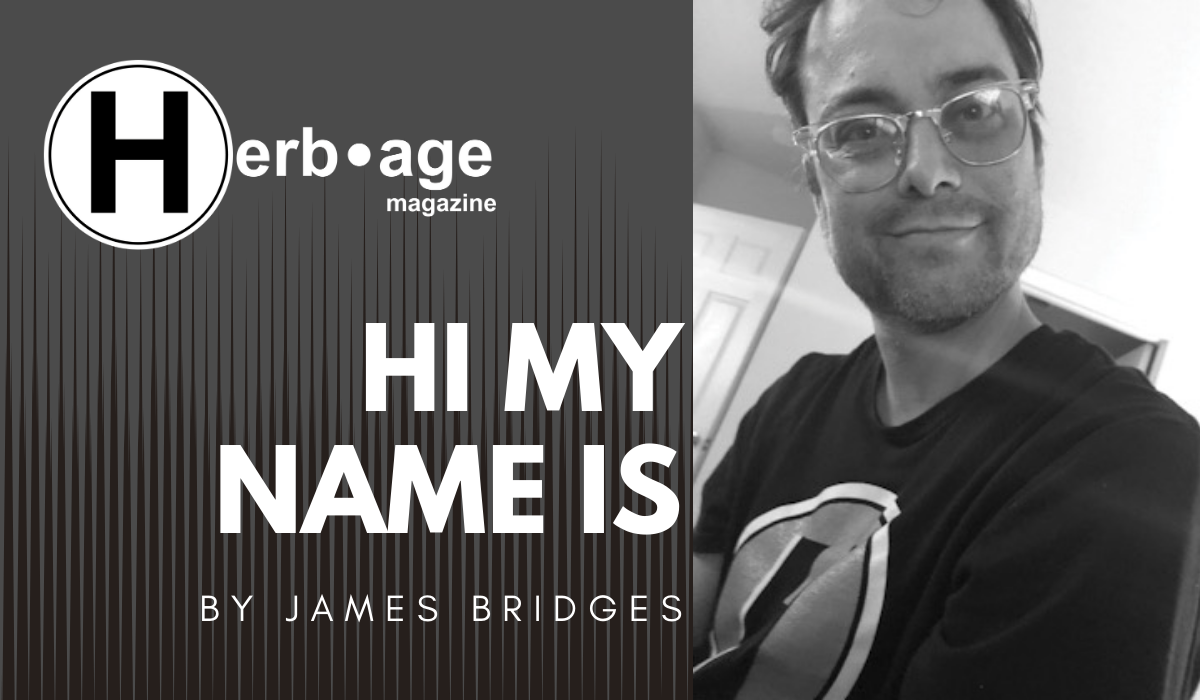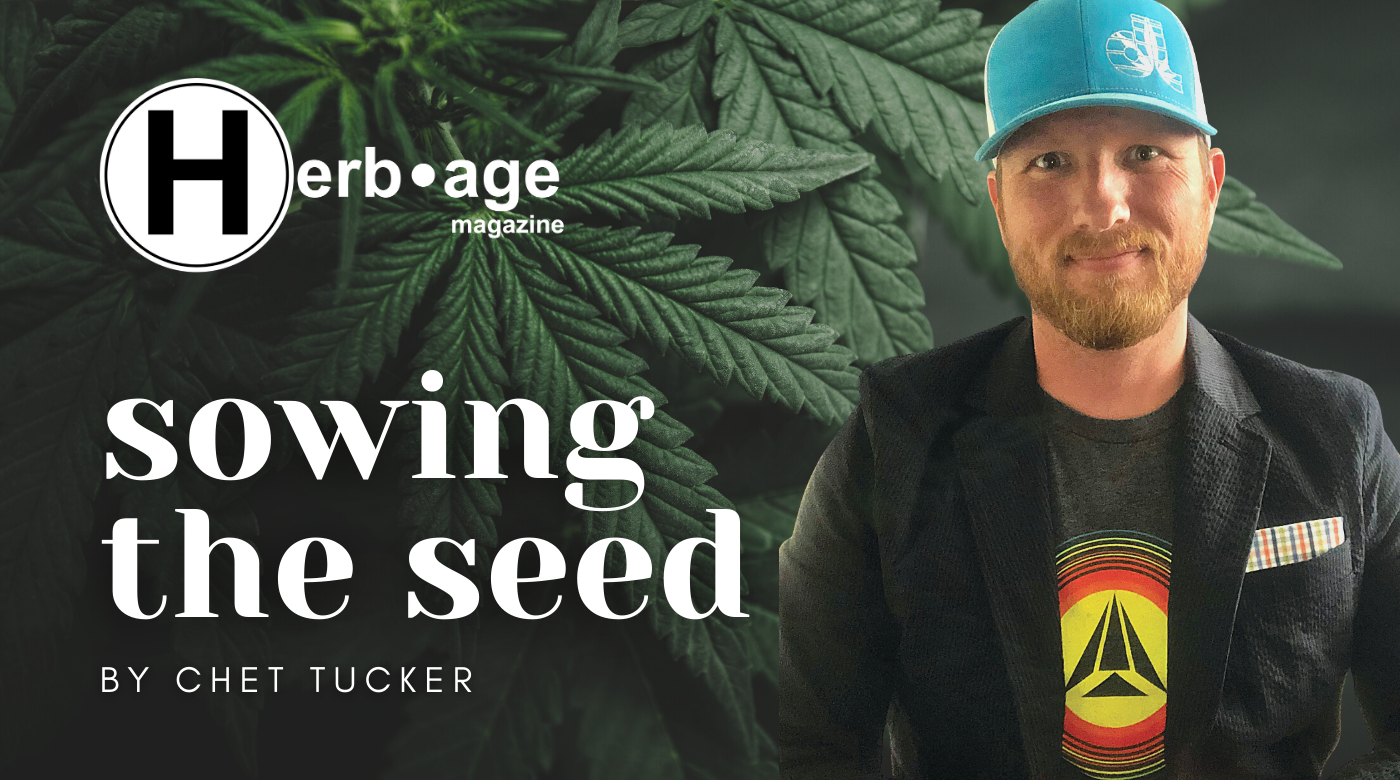Life Behind Bars for Pot
By James Bridges
Now at age 68, Leon Hotchkiss remains behind bars in Alabama, spending decades imprisoned for growing pot. The board extended his next chance for a hearing until 2028. This is the maximum extension that could be given by the system. He’ll be 73-years-old.
In the American justice system, the discourse surrounding non-violent crimes, particularly cannabis-related offenses, has been a subject of intense debate and gradual evolution. Amidst this shifting legal landscape, certain cases emerge as critical points of reflection, revealing the complexities and often harsh realities of the law. One such case is that of Leon “Bud” Hotchkiss in Alabama, who, after nearly a decade, remains marked by his conviction for possessing less than six pounds of cannabis. This case not only speaks to the history of cannabis legislation but also to the ongoing struggles for legal reform and social justice.
Leon “Bud” Hotchkiss, now 68 years old, is serving a 40-year sentence in an Alabama prison for growing marijuana on his own property. Acting on a tip from his ex-wife, the Baldwin County Drug Task Force discovered approximately 5.7 pounds of marijuana plants at his home. He was arrested on a charge of trafficking, a Class A felony in Alabama, the most serious category of crime.
Hotchkiss has a history of using marijuana for pain relief due to injuries sustained in his life, including his service in the Marines, and work as a commercial fisherman and construction worker. In 1990, he served six months in prison for a conviction of conspiracy to distribute marijuana. Despite this prior conviction, the Baldwin County District Attorney’s Office initially offered a plea agreement for a 15-year sentence in his trafficking case, which would have allowed him to be eligible for release after 4.5 years. However, the plea agreement was not finalized, and Hotchkiss later entered a blind plea to the trafficking and paraphernalia charges, leading to a 40-year sentence.
Despite a strong institutional record with no disciplinary infractions and contributions to educational programs and substance abuse meetings in prison, Hotchkiss was denied parole. His next parole eligibility is at age 72.
Hotchkiss currently works at a boat dealership as part of a work release program but must return each night to a crowded prison camp. He is well-regarded by his coworkers and employer, who have advocated for his release. Adding to his struggles, Hotchkiss suffers from a medical condition requiring a permanent catheter, further complicating his life in prison.
The severity of his sentence, along with his parole denial, has been a point of controversy, highlighting the ongoing debate over marijuana laws and their enforcement in states like Alabama. This situation epitomizes the disparity in the legal system, where a man faced life-altering consequences for an act that, in many states today, would be considered a minor infraction or not a crime at all.
To understand the gravity of this issue, it’s crucial to delve into Hotchkiss’s story. His case is not just about the legal consequences of his actions, but about the societal and personal impact of a system that, many argue, has failed to adapt to changing times and attitudes towards cannabis.
The repercussions of cannabis convictions extend far beyond the courtroom. They have profound implications for individuals and communities, often leading to a cascade of social and economic challenges. In the case of Leon Hotchkiss, the refusal of a pardon, despite the decades that have passed and the changes in societal perspectives on cannabis, underscores a deeper systemic issue in the treatment of cannabis-related offenses.
The Leon Hotchkiss case highlights the urgent need for comprehensive legal and social reform. Such reform should focus not only on aligning cannabis legislation with contemporary societal views but also on addressing the long-term injustices inflicted by outdated laws. A multifaceted approach is required, one that involves reexamining past convictions and introducing fairer legal practices in the future.
In shaping legal reforms, public perception and advocacy play a pivotal role. Growing support for cannabis legalization and recognition of the excessive nature of past penalties are essential in influencing policy changes. The story of Leon Hotchkiss has the potential to serve as a powerful tool for public discourse and advocacy, emphasizing the critical need for legal revision and social justice.
The discussion of cannabis-related offenses opens up broader conversations about the treatment of non-violent crimes in the legal system. It raises questions about the balance between law enforcement and individual liberties, societal norms, and the role of punishment versus rehabilitation.
As the nation grapples with the complexities of cannabis legislation, the future remains uncertain. Ongoing legal battles, shifts in public opinion, and political dynamics all play a role in shaping the trajectory of cannabis laws. The case of Leon Hotchkiss serves as a reminder of the human element in this legal discourse, urging a reconsideration of the principles that guide our justice system.




